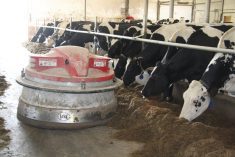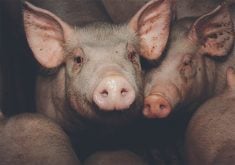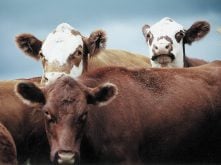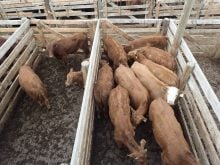STETTLER, Alta. – For those seeking the truth about the three little pigs or about what really happens to an egg or how fast plants grow, a visit to this year’s Agriculture Ambassador Fair might hold the answer.
In its fifth year, the fair encourages schools to entice children to explore agriculture research projects beyond the standard curriculums. Possible projects include discussions of global food issues, agricultural history or a demonstration of food production using live plants or animals.
This year’s fair drew more than 5,000 entries from urban and rural children.
Read Also
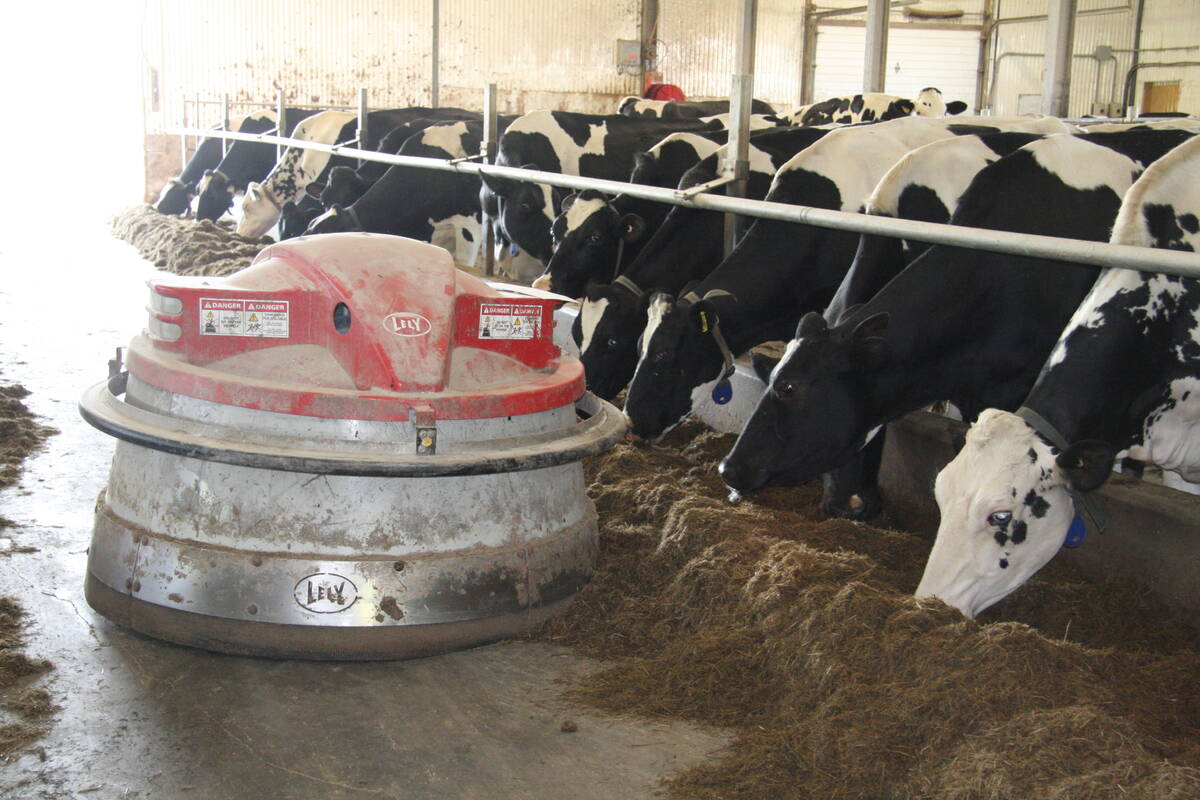
Partnerships, communication key to disease management
Communication and strong, trusted partnerships are key to managing infectious diseases like Foot and Mouth Disease and HPAI.
“In two counties that I know of they’re doing the ag fair instead of the science fair because they see that it goes over more of the curriculum,” said Betty Gabert, co-ordinator of Alberta’s agriculture in the classroom program and agriculture school ambassadors.
Science of agriculture
Some entries have also been submitted to science fairs.
“It’s a good crossover. Agriculture is science,” Gabert said.
This year’s show held here April 12 featured seed displays arranged in a picture, scientific studies on how plants grow or how fertilizer works, among others.
Groups promoting certain commodities were on hand with displays on bison ranching, canola, dogs herding ducks and exotic fibres. A table covered with pelts drew squeals of repugnance from some when they realized they’d picked up skunk fur.
Judges award points for humor, visually pleasing entries, good research efforts, imagination and initiative by the students.
“We expect to see written communication, highly visual, accurate work,” said Gabert.
Next year’s fair will likely be in Stettler with plans to offer a second fair, perhaps in the northern regions of the province.
The Agriculture Ambassador Program is made up of Alberta teachers who have volunteered to distribute agricultural education information to other teachers and students. This year, about 1,400 teachers in 1,000 schools are part of the ambassador program sponsored by the government and Alberta Wheat Pool.



